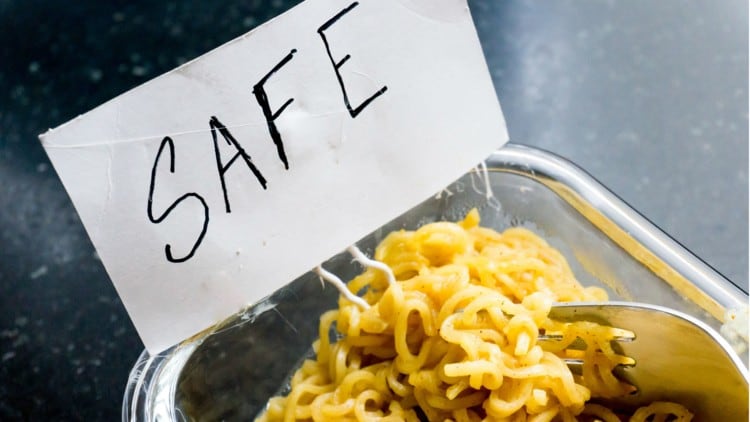“[The] consultation is about setting clear expectations for food businesses in preparation for and during a recall,” said the official statement.
“[It is also to provide] more certainty by making the food safety requirements clearer and more accessible to all parties involved in the food system.”
According to New Zealand Food Safety Head Bryan Wilson, the proposed regulations have origins in the 2013 Whey Protein Contamination Incident (WPC Inquiry) concerning dairy giant Fonterra.
“The WPC Inquiry found that New Zealand has a world-class regulatory system but that some improvements could be made,” he added.
"One of the areas the WPC Inquiry identified for regulatory improvement is food recalls. This is about a business's ability to quickly trace and recall their products. Food businesses need to maintain readily accessible records of their food inputs and outputs.
“Another area identified for improvement is risk-based plans and programmes – the key tool food businesses use to manage their food safety and suitability risks.
"We want to find the most effective ways to improve food recalls and risk-based plans and programmes through implementing the lessons learned from the WPC incident.”
He added that these requirements would decrease the impact of any unsafe food on consumers as well as reduce costs during a food safety incident.
“We also want to avoid placing unnecessary compliance burdens on businesses, and we are consulting to understand what the impacts of these proposals would be on businesses," Wilson added.
The consultation is open until 5pm on December 7.
Proposals to strengthen food recalls
Amongst the documents that New Zealand Food Safety has prepared is a discussion paper comprising the ‘Proposals to strengthen food recalls and risk-based plans and programmes: regulations enabled by the Food Safety Law Reform Act 2018’.
Two major components within this paper are food recalls and risk-based plans and programmes.
The food recall proposals cover six major issues: Who must maintain food recall procedures; What traceability information should achieve; How long this information must be kept; How quickly information must be shared; Mock recall requirements; and the Format of information supplied during recall
The risk-based proposals cover three issues: The requirement for hazard management information; Differentiating food safety matters from other content; and Improving operator access to legal requirements.
“The overarching objective of these proposals is to help protect New Zealand’s reputation as a supplier of safe and suitable food that is fit for its intended purpose, [specifically] looking at consistency, clarity, cost minimisation and efficiency and effectiveness,” said a summary of the paper.
The 2013 Whey Protein Contamination Incident
In 2013, a wide-scale recall of products involving whey protein concentrate from dairy producer Fonterra was conducted after safety tests led to suspected bacterial contamination.
The bacteria in question was Clostridium botulinum, and the ‘contaminated’ whey had supposedly been sold to manufacturers to use in products like sports drinks and infant formula.
The entire incident was revealed to be a false alarm after the government conducted extensive testing, and confirmed that no products had been contaminated.
“After extensive tracking and a precautionary recall, MPI was able to establish that no products had been contaminated,” said the New Zealand Ministry for Primary Industries (MPI) on its website.
However, the scare had already led to millions of products being recalled from shelves, and confidence in the New Zealand food safety system took a hit.
The government launched an inquiry into the incident, and in its final report ‘The WPC80 incident: causes and responses’, recommended better ministry organisation and industry collaboration.
“The law should be amended to give the ministry a specific statutory power to compel disclosure of relevant information (including test results) needed to respond effectively to a food safety incident,” said the report.
“The power should include the ability to disclose such information to any affected party.”





